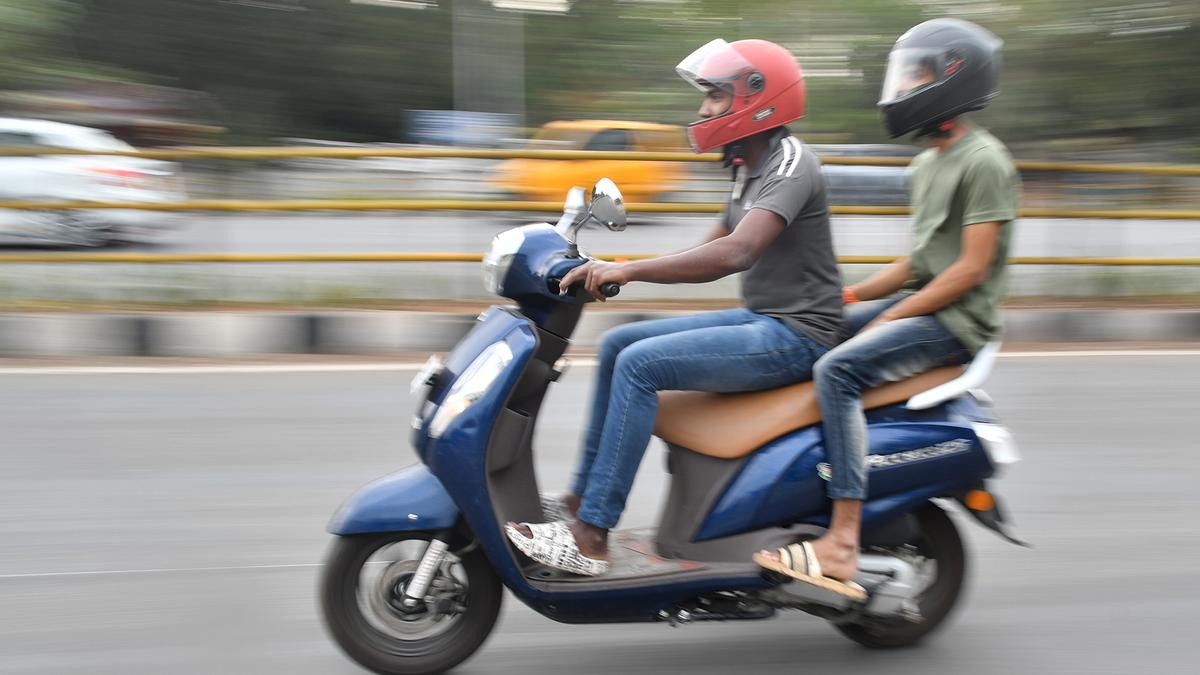 |
|
The High Court of Karnataka has delivered a significant blow to the operations of ride-hailing giants Rapido, Ola, and Uber by ordering them to cease their bike taxi services within the state within a six-week timeframe. This ruling stems from the absence of specific guidelines under Section 93 of the Motor Vehicles Act, 1988, and related regulations, which are deemed necessary for the legal operation of bike taxi aggregators. The court explicitly stated that without these notified guidelines, the aforementioned companies cannot continue functioning as bike taxi service providers within Karnataka. This legal hurdle casts a shadow over the future of bike taxi services in the state, potentially impacting the convenience and affordability of transportation options for commuters, as well as the livelihood of numerous bike taxi drivers associated with these platforms. The judgment underscores the importance of regulatory frameworks in adapting to evolving transportation technologies and ensuring the safety and compliance of all stakeholders involved. The court's decision also highlights the challenges faced by technology-driven transportation companies in navigating existing legal structures that may not be fully equipped to address new modes of mobility. The absence of specific regulations for bike taxis has created a legal gray area, leading to the court's intervention and the subsequent halt to operations. This situation calls for a proactive approach from the government to address the regulatory gap and develop comprehensive guidelines that can facilitate the safe and legal operation of bike taxi services. The ruling emphasizes the need for a balanced approach that considers both the innovative aspects of technology-driven transportation solutions and the imperative of ensuring compliance with existing legal frameworks and safety standards. The impact of the court's decision extends beyond the immediate cessation of bike taxi services. It also raises broader questions about the future of transportation technology in Karnataka and the role of regulatory bodies in fostering innovation while safeguarding public safety and ensuring fair competition. The legal battle between the ride-hailing companies and the state government highlights the complexities of integrating new technologies into existing regulatory structures and the need for ongoing dialogue and collaboration to find mutually acceptable solutions. The court's refusal to direct the government to register motorcycles as transport vehicles further complicates the matter, as it removes a potential avenue for the companies to legitimize their bike taxi operations. This aspect of the ruling underscores the court's adherence to the existing legal framework and its reluctance to create new precedents that could potentially undermine established transportation regulations. The government's contention that the Karnataka On-Demand Transportation Technology Aggregator Rules 2016, which are designed for four-wheeler taxi services, cannot be applied to bike taxis, further reinforces the need for a separate and comprehensive regulatory framework for two-wheeled transportation services. The court's acceptance of this argument underscores the limitations of applying existing regulations to new and evolving modes of transportation and the importance of developing tailored regulations that address the specific characteristics and challenges of each mode. The government's statement that the petitioner-aggregators are free to apply for licenses to operate electric bike taxis under the Karnataka Electric Bike Taxi Scheme, 2021, offers a potential pathway for the companies to continue their operations in a legally compliant manner. However, this option is limited to electric bike taxis and may not be a viable solution for all drivers or commuters who rely on traditional gasoline-powered bikes. The court's decision to grant the companies six weeks to withdraw their bike taxi services provides a transition period for drivers and commuters to adjust to the change and explore alternative transportation options. This timeframe also allows the government to potentially expedite the development and notification of the necessary guidelines for the legal operation of bike taxi services. However, the government's stance against introducing bike taxis in the city, citing concerns about traffic congestion and environmental impact, suggests that the path forward may not be straightforward. The committee's recommendation against bike taxis highlights the competing priorities of promoting innovation, addressing traffic challenges, and protecting the environment. This situation calls for a comprehensive assessment of the potential benefits and drawbacks of bike taxi services and the development of a regulatory framework that can mitigate the negative impacts while maximizing the positive contributions. The court's decision serves as a reminder of the importance of regulatory compliance and the need for technology companies to engage in constructive dialogue with government authorities to ensure that their operations align with existing legal frameworks and societal priorities. The future of bike taxi services in Karnataka remains uncertain, but the court's ruling underscores the imperative of developing a comprehensive and well-defined regulatory framework that can address the unique challenges and opportunities presented by this evolving mode of transportation. The next steps will likely involve further discussions between the ride-hailing companies, the government, and other stakeholders to explore potential solutions that can enable the safe, legal, and sustainable operation of bike taxi services in the state. The legal proceedings shed light on the complex interplay between technological innovation, regulatory frameworks, and public policy, emphasizing the need for a dynamic and adaptive approach to transportation governance in the 21st century. The decision by the Karnataka High Court is a crucial point in the evolution of transportation technology, highlighting the need for careful consideration of legal and infrastructural frameworks when new services are introduced.
Source: Rapido, Ola, and Uber directed to stop bike taxi services in Karnataka within six weeks
